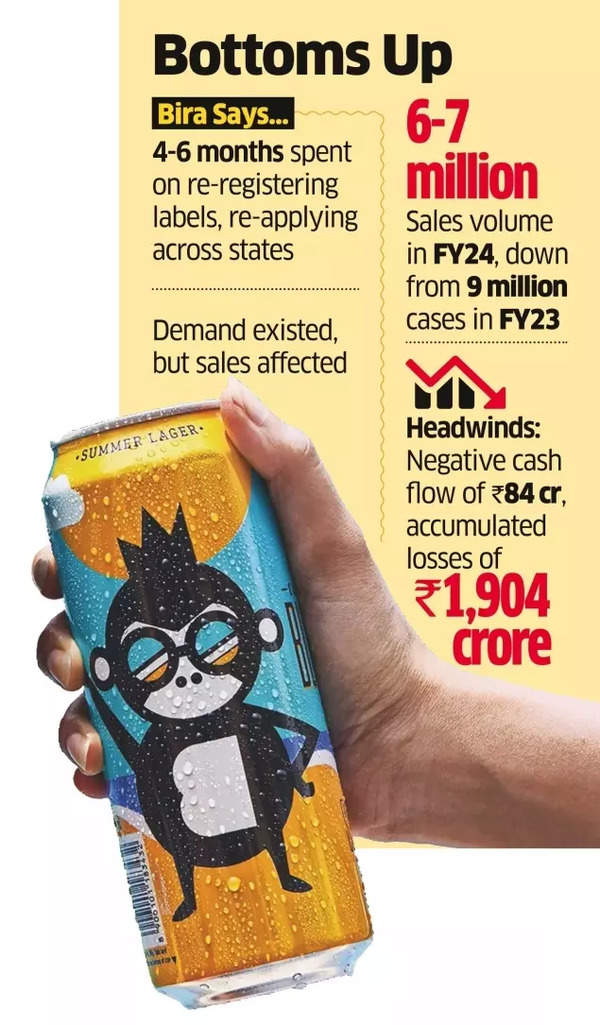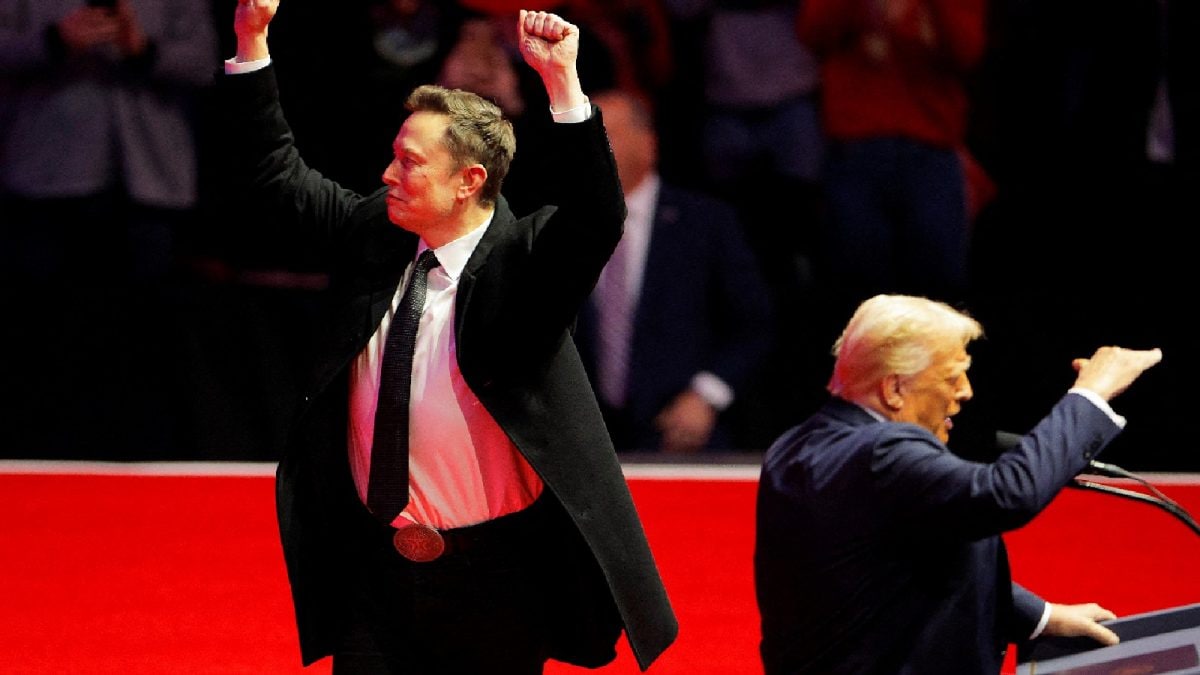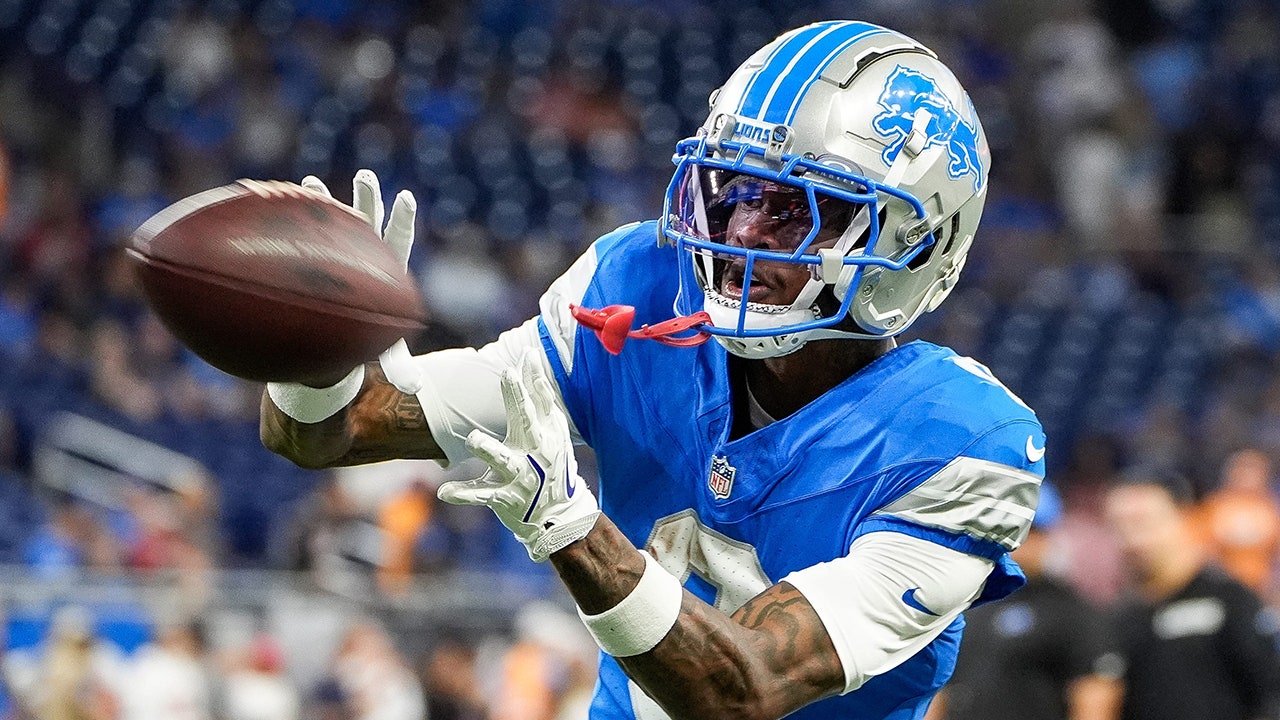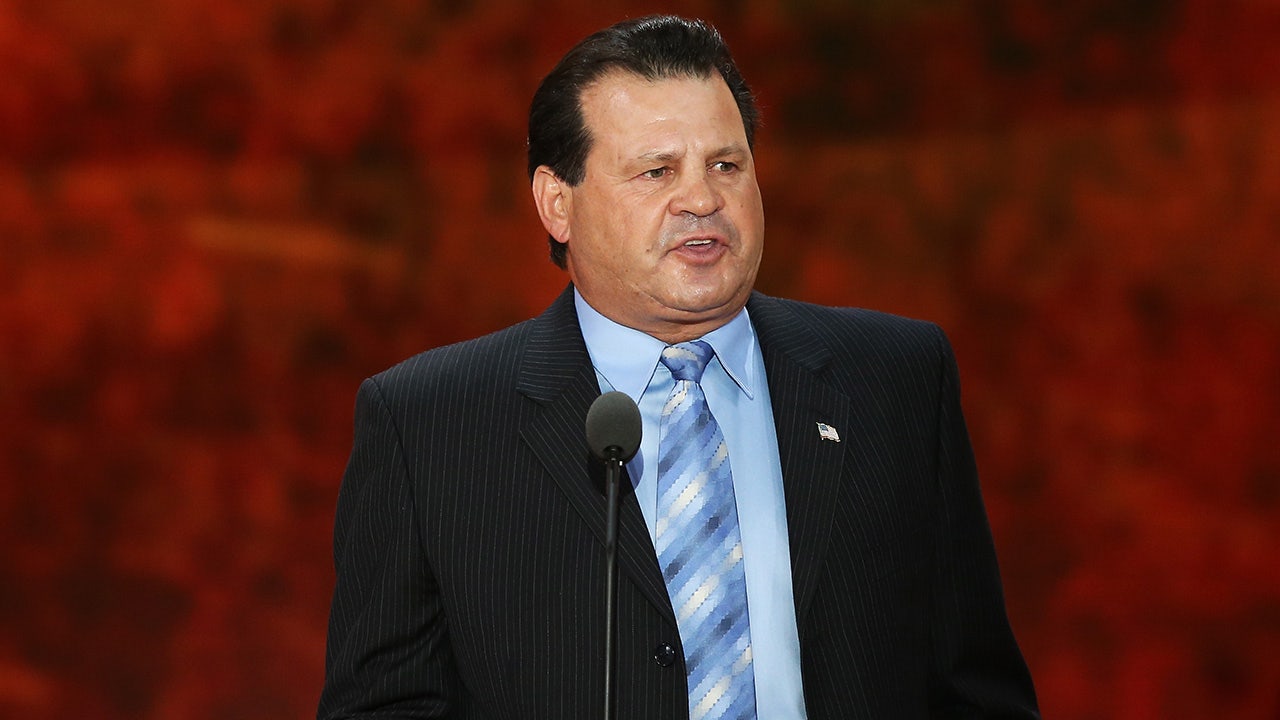B9 Beverages, the maker of Bira 91 beer preparing for public listing, incurred a Rs 80 crore direct cost and increased losses due to removing the word ‘private’ from its name!
In preparation for its 2026 IPO, the company transitioned from B9 Beverages Private Ltd to B9 Beverages Ltd. This modification required re-registration of product labels and led to suspended sales for several months, resulting in a Rs 80 crore inventory write-off and a 68% increase in losses for FY24, alongside a significant sales decline, according to an ET report.
The company faced intensified market pressure from microbreweries, craft beer producers, and international brewers introducing premium products. B9 Beverages reported a net loss of Rs 748 crore for the year ending March 2024. The losses exceeded its total sales of Rs 638 crore, which decreased 22% compared to FY23.
“Due to the name change, there was a 4-6 month cycle where we had to re-register labels and re-apply across states which resulted in literally no sales for several months despite demand for our products. While availability dwindled, we also saw policy and route to market changes in Delhi NCR and Andhra Pradesh, which accounts for more than a third of our sales,” said Ankur Jain, founder at B9 Beverages Ltd. Sales volume dropped to 6-7 million cases in FY24 from nine million in FY23.

Bottoms Up
Initially, Bira imported its Hefeweizen-style beer from Belgium ten years ago, but later shifted to domestic brewing for cost efficiency, eventually expanding to multiple third-party brewing facilities.
“Negative cash flow of Rs84 crore and accumulated losses of Rs1,904 crore which eroded its full net worth indicate the existence of material uncertainty that may cast significant doubt about the group’s ability to continue as a going concern,” noted B9’s auditor in its latest annual report.
The beer segment requires substantial capital expenditure and working capital for growth, and the company is currently seeking additional funding to support its expansion plans. The company attributes its financial losses to a one-time inventory write-off associated with its previous brand name.
The company explained, “We had to write off Rs 80 crore worth of products due to the name change which amounted to Rs 80 crore one-time cost, directly impacting our profitability. However, growth is back since the third quarter, and we expect to make operating profit by next quarter and have enough scale and size to raise capital by 2026.”
Industry analysts recognise that emerging brands like Bira contribute significantly not only through sales but also by introducing innovative products and experimental approaches to the sector.
Vinod Giri, Director General of Brewers Association of India (BAI), stated, “They complement the mainstream beer industry. But what these companies must bear in mind is that the appeal of a new different taste palate, whether wheat, dark lager, or craft is rooted in its uniqueness. So, their growth ambitions and expansion strategy should resist temptations of a quick scale up to become a mainstream product. That will just dilute the uniqueness of the product in consumers’ mind and would be neither here nor there. So they must follow a business model which balances investor expectations of quick returns with the rate of consumer accretion that the point of difference in the product naturally permits.”
Various brands including Simba, BeeYoung and Kati Patang have entered the Indian market, attracted by its warm climate, favourable demographics and growing prosperity. Global brewing companies have also expressed interest in investing in India, considering it among their top three strategic markets.
During an investor call on Friday, United Breweries chief executive Vivek Gupta announced plans to invest Rs 750 crore in a new brewery in Uttar Pradesh, marking their first greenfield expansion in over ten years. Recently, Carlsberg CEO Jacob Aarup-Andersen informed analysts that despite India’s market complexities, the Danish company plans to increase investments in 2025. Carlsberg aims to expand capacity for the 2026 season while also investing in sales and marketing initiatives.















































